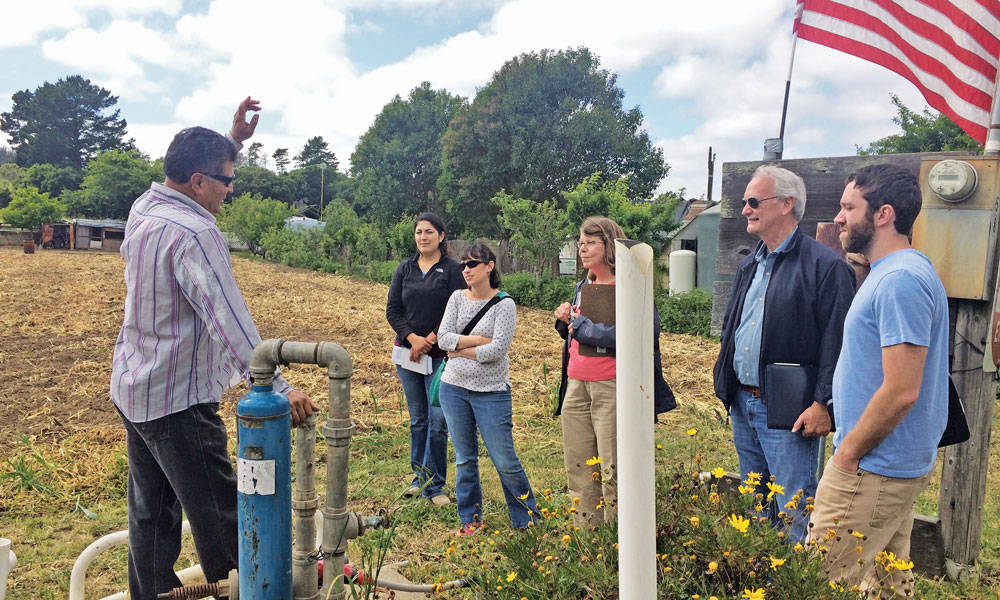
Crowdsource: Engineering Feats of Infrastructure
Volunteers with multiple engineering associations make infrastructure inroads in challenged communities.
Where’s a good engineer when you need one?
Answer: at three different associations, where many members stand ready to team up and answer the call for help on infrastructure projects in underserved communities.
The American Society of Civil Engineers (ASCE), American Water Works Association (AWWA), and Engineers Without Borders USA (EWB-USA) participate in an alliance coordinated by a fourth entity, the Community Engineering Corps, or CECorps. The organizations mobilize to provide pro bono solutions for road, water, communications, and other public works challenges.
“When you get out into underserved areas, whether rural or urban, they don’t have that [infrastructure] and it really impacts their lives,” says Clare Haas Claveau, director of CECorps. “We help them move forward” when paying a local engineering firm isn’t possible.
These volunteers don’t pave roads or dig ditches. Instead, they conduct feasibility studies, vet community applications for state funding, locate contractors for buildouts, and otherwise get and keep the wheels turning.
In California, for example, engineers assisted migrant communities in the Salinas Valley whose well water was heavily contaminated. Volunteers researched several solutions, from digging new wells to laying pipeline that could tap into a larger water system nearby. “Our engineering work supported the grant funding … to get clean water to the communities,” Claveau says.
The three organizations also contribute directly to CECorps. For example, CECorps is housed at EWB-USA, where Claveau also works; ASCE provides one of its directors to help run the entity and assess new project feasibility. Each association contributes to CECorps funding and promotes project opportunities through their websites and other channels.
The crowdsourcing continues at engineering firms that employ coalition members. “Some companies allow employees to spend 5 to 10 percent of their time volunteering,” she says, noting that the benefit works both ways. The firms “need to do that to compete. Millennials really value that as part of their work experience.”






Comments